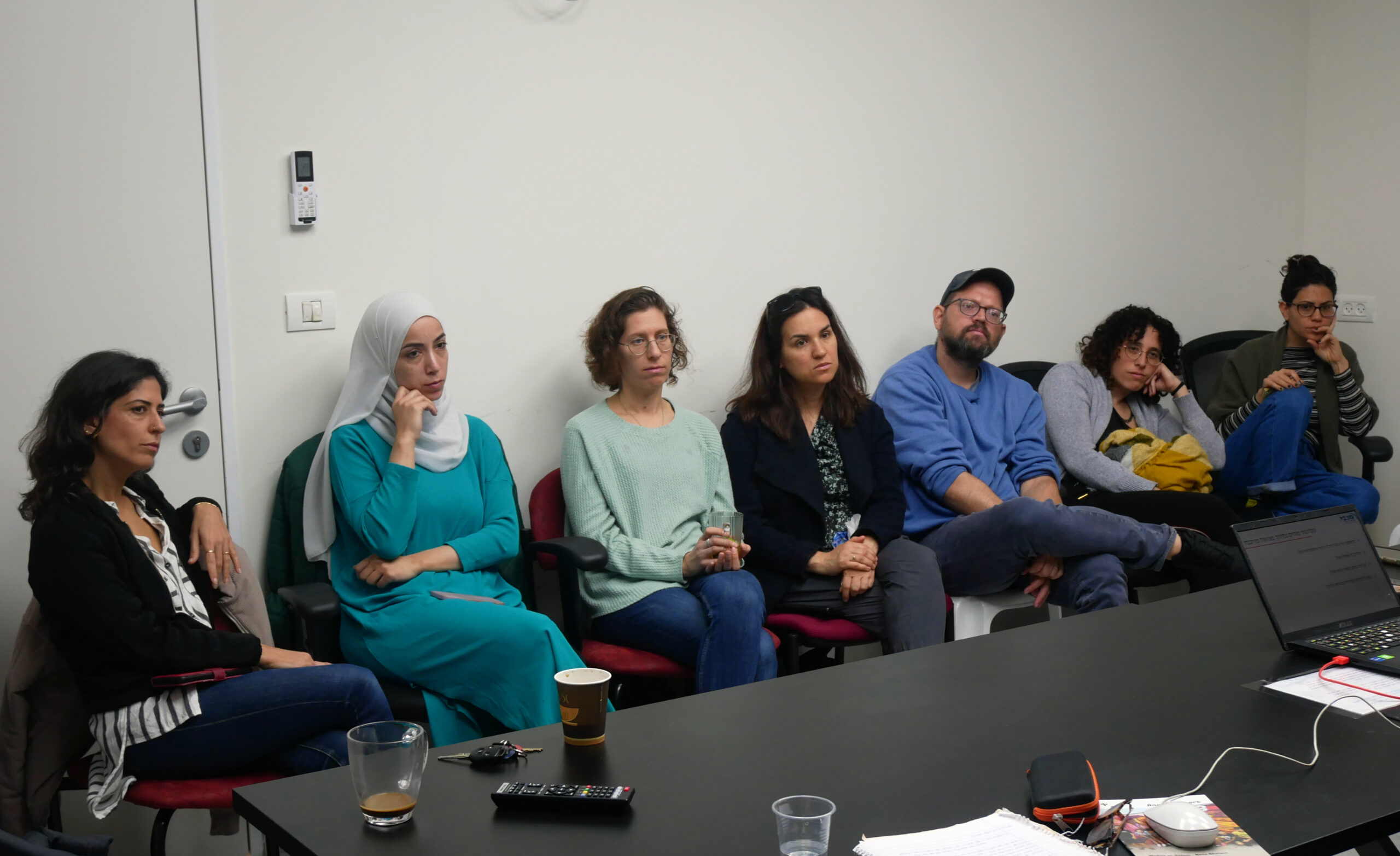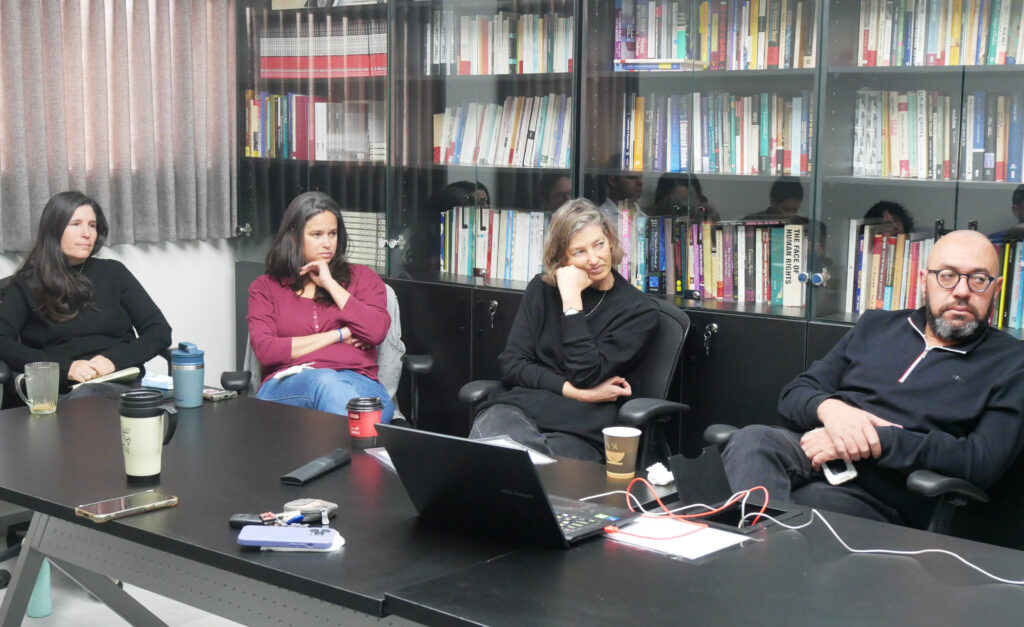Being a Parent in a Bi-National Space – A Series of Meetings
We have recently launched a series of dialogue and joint learning sessions for school parents, initiated by the parent community of the bilingual elementary school in Neve Shalom/Wahat al-Salam. These meetings are professionally facilitated by two moderators from the School for Peace.
Over five monthly Friday sessions, we will explore the questions and challenges that the conflict poses for us as parents, and specifically as parents who have chosen to educate their children in a bi-national educational space. During the meetings we will address and reflect on the following questions, among others: Does dialogue help bring people closer, or does it simply alienate and destabilize? Why should we choose the seemingly “difficult” path of a bi-national space during such a complex period, when separation seems to be the easier option? What narratives are our children exposed to on social media, and how do we address them? What vision do we, as parents educating our children in a bi-national space, offer our children against the backdrop of such a severe conflict.
In the first meeting, participants shared the pain, fears, questions, and hopes that the events of the past 16 months raised, particularly for parents in the school community.
It is not easy to acknowledge that even in a space dedicated to equality, an asymmetry permeates the relationships between Jews and Palestinians. Even within the confines of a small and politically conscious community, the external power dynamics are present and affect all levels of interaction: from the reasons and motivations behind choosing to educate children in a bi-national environment through the degree with which one needs and desires partnership and engagement, and is willing and able to participate actively, to the belief in the efficacy of a path of trust and in dialogue and the vision of a better future. Amid all this, the atmosphere in the meeting—which was characterized by sincerity, openness, and attentive listening— highlighted the inherent power of the gathering, the partnership, and the participants.
In the end, we left the first meeting with great anticipation for what lies ahead.

–

